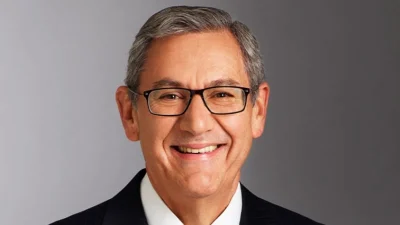Russell appoints independent super trustee board director
Russell Investments has appointed Marian Carr as an independent director to its superannuation trustee board, Total Risk Management (TRM).
Carr has 30 years industry experience and joins Russell from MIR Investment Management where she was deputy managing director, having previously worked as chief investment officer for Harwood Superannuation Fund.
"As a former client of Russell's from my days at Harwood I know the company well. I believe risk control and liquidity management are paramount for superannuation funds in the current climate and am excited Russell is leading the way here with new innovations," Carr said.
It is crucial for Russell to have experienced superannuation professionals for the board, according to Russell's head of Australasia Chris Corneil.
"Over the past twelve months, the spotlight has focused more intensely on governance, not only as a result of the Cooper review but because people want to know their retirement savings are being managed according to the highest standards of governance," he said.
Carr will be one of four independent directors alongside Tim Trahair, Bruce Edwards and chairman David Solomon, while Russell employees Jacqueline Waldthausen, who is chief financial officer, and director of governments and institutions Anna Hocking fill the remaining two places.
Recent Russell research suggests that many funds are lacking an independent director, an area that needs improvement in order to meet Cooper Review recommendations that all funds have at least one, Russell stated. Some funds also lacked a board member with adequate financial experience, according to Russell.
Recommended for you
The two funds have announced the signing of a non-binding MOU to explore a potential merger.
The board must shift its focus from managing inflation to stimulating the economy with the trimmed mean inflation figure edging closer to the 2.5 per cent target, economists have said.
ASIC chair Joe Longo says superannuation trustees must do more to protect members from misconduct and high-risk schemes.
Super fund mergers are rising, but poor planning during successor fund transfers has left members and employers exposed to serious risks.











